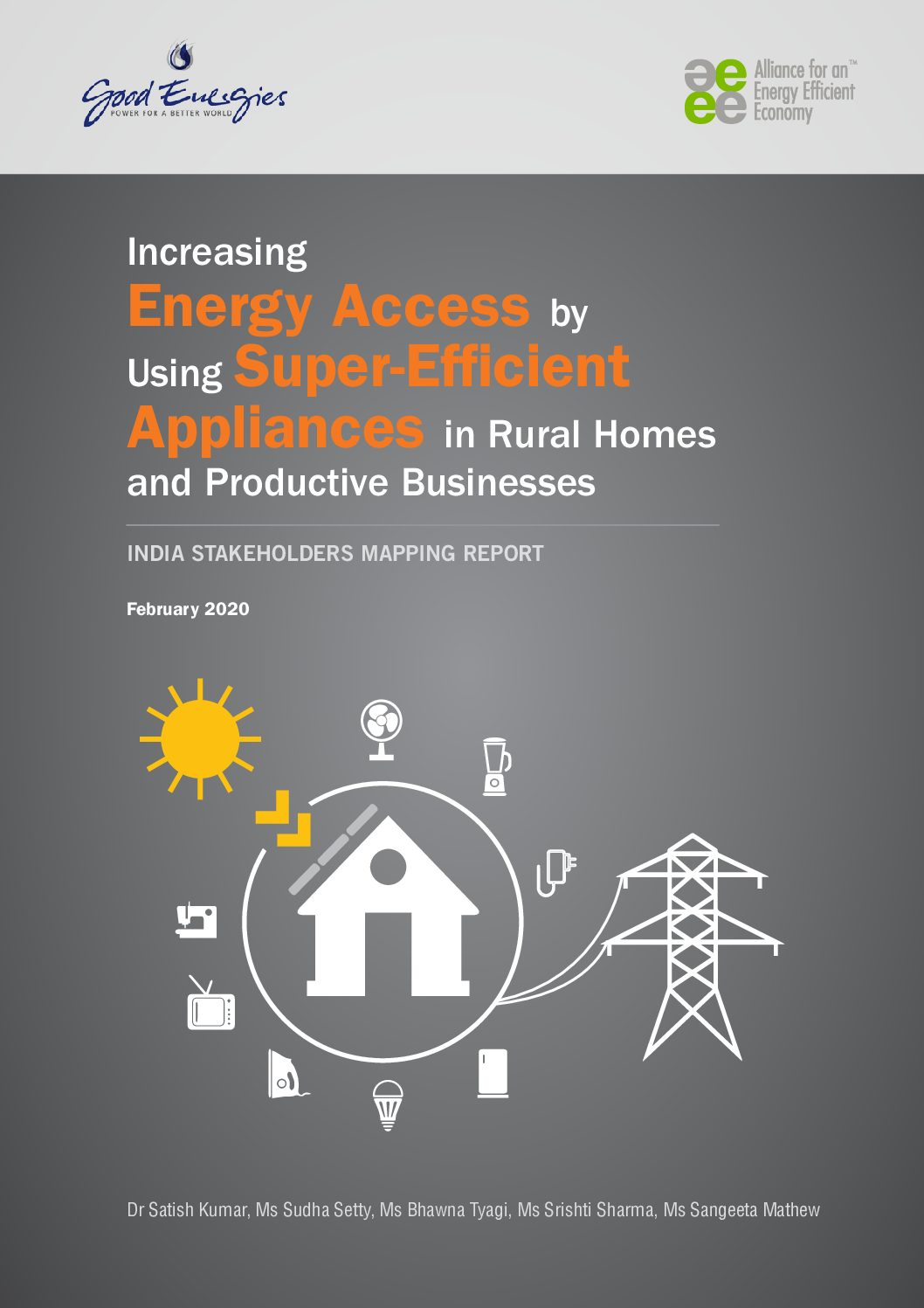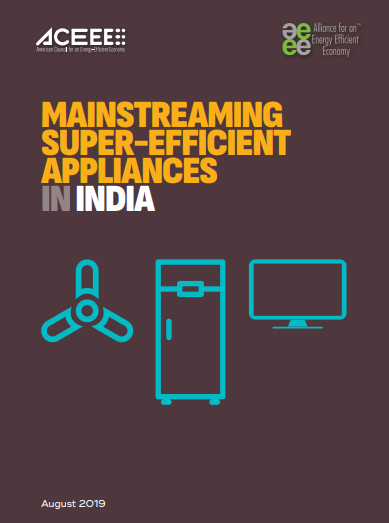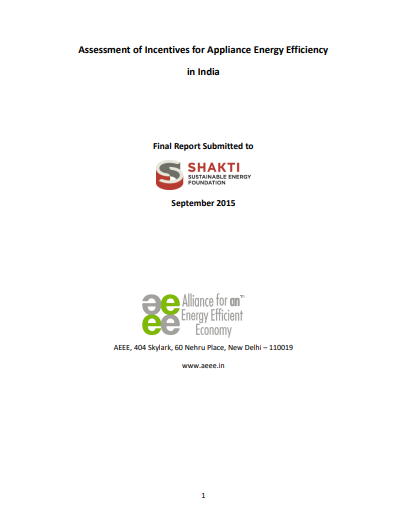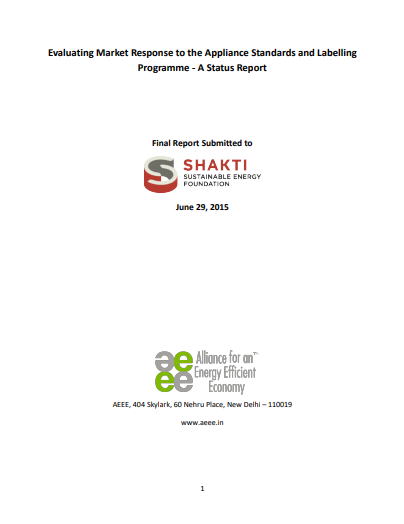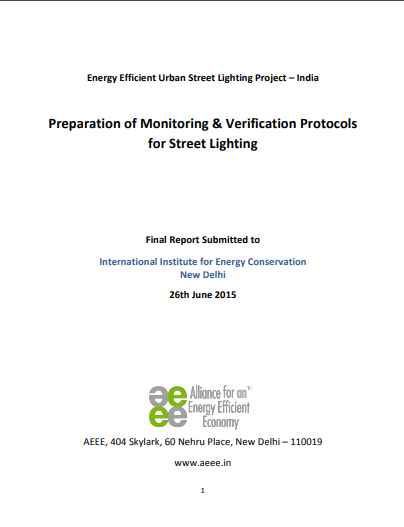The appliances today are seen more as a necessity rather than a luxury procession. Despite the economic slowdown, massive urbanization, easier access to improved electricity infrastructure especially in rural areas, and changing lifestyles have been the key growth drivers for the consumer appliances market. The appliances and consumer electronics market has seen tremendous growth during the ongoing decade with a CAGR of 13% since 2010 (ICAP, 2019). The Indian appliance and consumer electronics market reached Rs 76,400 crore (US$ 10.93 billion) in FY2019 and is expected to further double to reach Rs 1.48 lakh crore (US$ 21.18 billion) by FY2025 (India Brand Equity Foundation Report, 2019) thus, growing at a CAGR of 11.7%. The importance of Cooling Appliances (i.e. Fans, Refrigerators, and Air-Conditioners) market has outweighed growth in all other appliances with the annual sales of Room Air-Conditioners (RACs) in India has grown exponentially in the last 10 years, from 0.3 million in 2007 to 7.6 million in 2017 (BEE, 2020).
With the overall objectives of providing access to energy while mitigating national development and environmental commitments; energy-efficient appliances hold an immediate opportunity to reduce carbon footprints at the individual as well as mass level. AEEE has been encouraging the adoption of efficient appliances by facilitating the necessary knowledge exchange and policy recommendations to expand ongoing Government initiatives vertically as well as horizontally. This includes initiatives like providing recommendations for ratcheting up of existing standards for RACs, developing standards and labelling program for new appliances, identification of opportunities to augment the efficiency of the off-grid appliance, and introducing eco-labels for RACs.
Ratcheting up of MEPS
The Bureau of Energy Efficiency periodically revises the minimum energy efficiency stringency levels of the appliances covered under the Standard and Labelling programme. With India abiding to various national and international environmental commitments, these stringency levels need to be synchronized with the ongoing climate action initiatives. AEEE is facilitating necessary technical support for suggesting a roadmap for enhancing stringency of energy performance standards appliances like RACs.
Enhancing the coverage of Standards and Labelling program
Keeping in view the growing size of the appliances market and its stress over the grid, it becomes important that energy efficiency interventions need to be accelerated in the appliances sector. The Standard & Labelling program currently covers 26 appliances of which 10 appliances are under mandatory labelling regime. However, there are still many appliances used in vital sectors like cold-chain, vaccines, immunization, medical equipment which have not been covered in the star labelling regime and have significant energy consumption. Under the ambient of India Cooling Action Plan, AEEE is working on developing energy efficiency framework for appliances like evaporative coolers.
Energy Access for All
The off-grid sector has accelerated particularly during the last 5 years with the Government’s aggressive approach towards rural electrification. This has increased the penetration of appliances in rural areas. Since the rural market is yet to reach its full potential and the electricity system in rural parts is not reliable, it becomes important that the efficiency of the appliances is being emphasized AEEE has carried out mapping study of super-efficient appliances used for productive and household purposes in weak/off-grid rural communities, their manufacturers, solar home system (SHS) and distributed renewable energy (DRE) system providers supplying these appliances along with sectoral challenges and recommendations. An appliance data portal, “Super-Efficient Appliances Data Portal”, has also been developed which catalogues the details of appliances, manufacturers, SHS, and DRE system providers. AEEE has been advocating for necessary policy interventions in the off-grid sector to facilitate penetration of efficient off-grid appliances.
